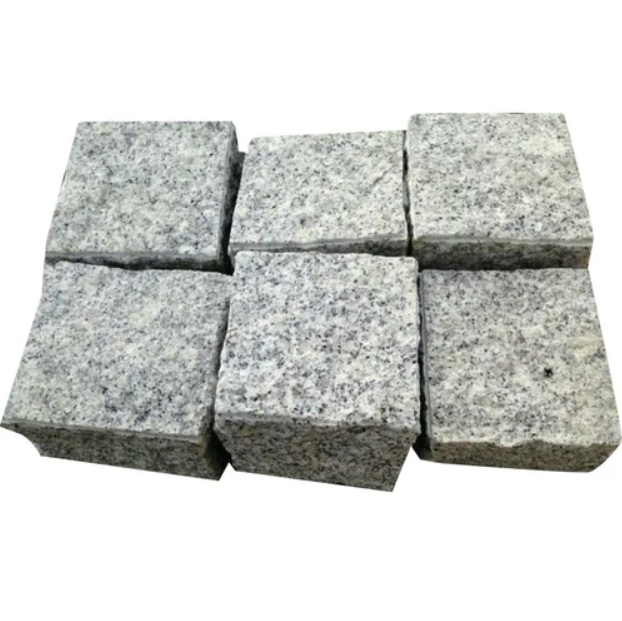The Ultimate Choice for Strength and Durability in Construction
- Extreme durability allows it to withstand heavy loads, making it perfect for infrastructure projects.
- Weather and heat resistance ensure it does not deteriorate under extreme temperatures or harsh climates.
- Low maintenance requirements reduce long-term costs.
From pavements and railway tracks to airport runways, basalt stone is a trusted choice for large-scale construction where reliability is key.
Basalt is a dark-colored, fine-grained igneous rock formed from the rapid cooling of lava exposed at or very near the earth’s surface. It’s one of the most common rock types on Earth, particularly in oceanic crust and volcanic regions.
Key Properties of Basalt
- Color: Dark gray to black
- Texture: Fine-grained, dense, and uniform
- Hardness: 6 on Mohs scale (very hard)
- Strength: High compressive strength (~100-300 MPa)
- Durability: Highly weather- and abrasion-resistant
- Porosity: Low — absorbs minimal moisture
Common Applications
- Construction: Paving stones, tiles, slabs, cladding, cobbles, kerbstones
- Architecture: Wall facades, flooring, countertops, staircases
- Landscaping: Garden pathways, outdoor furniture, fountains
- Industrial Use: Road base, railway ballast, concrete aggregate
Finishes Available
- Honed: Smooth and matte
- Polished: Shiny, but less common due to basalt’s low reflective nature
- Flamed: Textured surface ideal for anti-slip use
- Bush-hammered / Shot-blasted: Rugged, tactile finish for outdoor and rustic designs





Comments